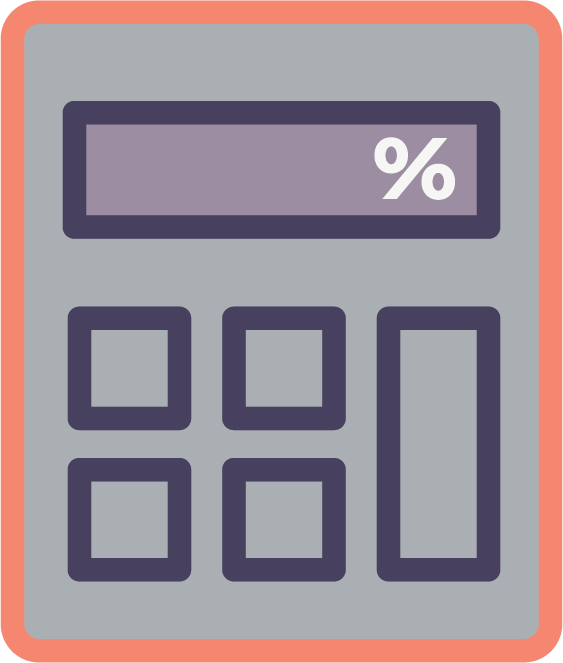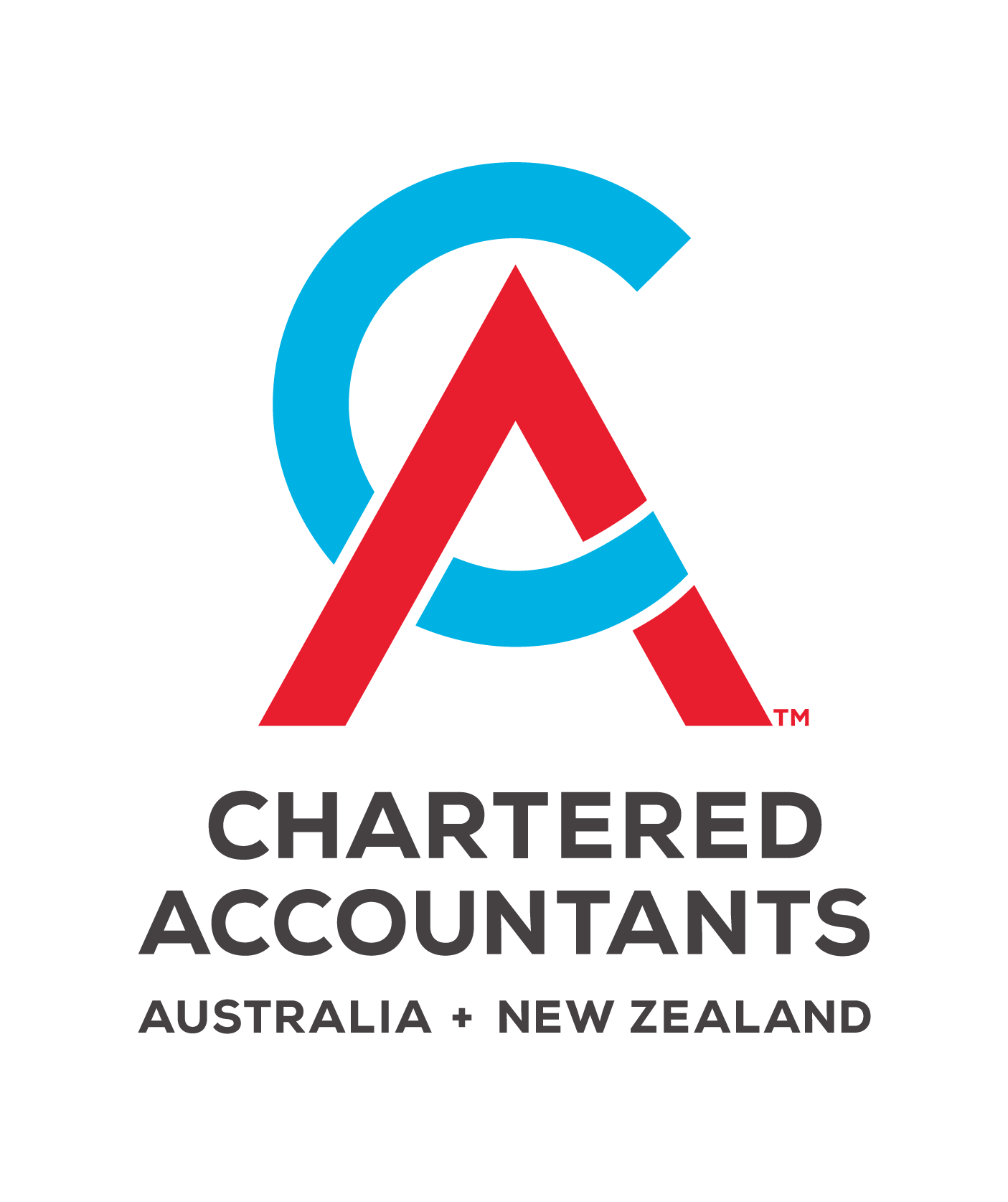News Articles

Property development can describe a myriad of ventures, from building a portfolio of office spaces, to investing in vacant land, subdividing off land from your home, or even just becoming a serial house renovator.
It can be an incredibly prosperous and clever way to invest your money, however one of the most important factors to consider when it comes to property development is GST (goods and services tax).
Do your homework
There can be far-reaching consequences if the correct path is not taken when it comes to GST. A landmark legal decision1 closed a popular loophole that enabled trustees of self-managed super funds (SMSF) involved in property developments to avoid GST.
The case involved a retired couple with an SMSF having to pay GST on a $10 million subdivision of a 24-hectare site that was their former commercial nursery. While the couple were not blatantly attempting to evade tax, they were adopting a common tactic used by businesses and developers seeking to avoid paying tax by claiming their operations were in the final stages of being wound down, rather than undertaking a new enterprise.
If your property development is running like a business, it is likely that GST will be applicable. It is best to seek advice when it comes to this, rather than getting on the wrong side of the Australian Taxation Office (ATO).
How does GST relate to property development?
GST applies to the supply of certain property types if the supplier (seller or vendor) is registered or required to be registered for GST purposes.
The GST treatment of property varies depending on the type or its purpose and how you go about building or renovating these properties (i.e., as a one-off or as a regular activity) could affect your tax obligations.
The first step involved is determining whether your property development is being carried on as an enterprise.2 An enterprise can mean an activity or series of activities done in the form of a business, trade, profession, vocation or calling. Even isolated transactions can be caught under this umbrella, so it is highly recommended that your situation is discussed with your accountant prior to proceeding with any property development.
If you are carrying on an enterprise, and likely to sell a property for greater than the GST threshold ($75,000), then you will need to register for GST. You can claim GST credits on the cost of your property development, but you’ll need to pay GST when selling the property, which is calculated as 1/11th of the sale price.
A whole range of other factors such as type of property, the GST margin scheme and GST withholding on a settlement also come into play with property development.
At Brentnalls SA we have the knowledge and expertise needed to help guide you through property development and the treatment of GST on these transactions.
Discuss Further?
If you would like to discuss, please get in touch.
Disclaimer
The information provided in this article does not constitute advice. The information is of a general nature only and does not take into account your individual situation. It should not be used, relied upon, or treated as a substitute for specific professional advice. We recommend that you contact Brentnalls SA before making any decision to discuss your particular requirements or circumstances.







